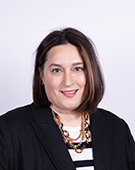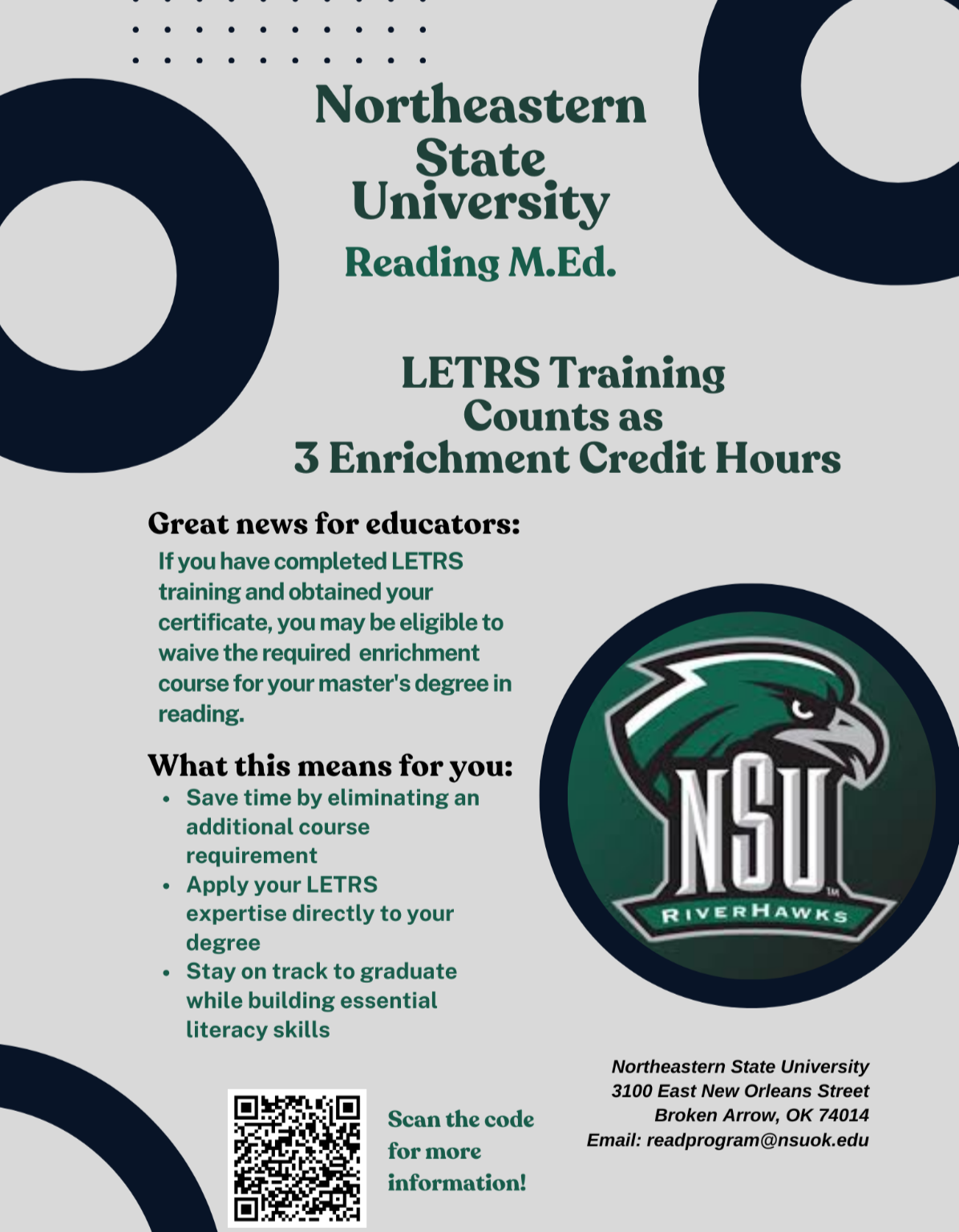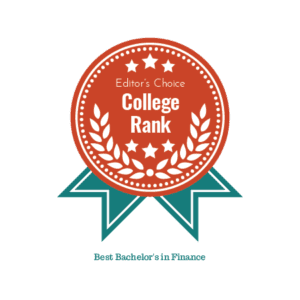MASTER OF EDUCATION IN READING
Purpose
The Master of Education in Reading program facilitates classroom teachers’ in-depth understanding of the reading process and their knowledge of how children learn to read and write. The major emphasis is on effective instruction, curriculum development and assessment within an interdisciplinary approach to the study of teaching, early childhood, and special education. The program is designed to meet the International Literacy Association’s (ILA) competencies for classroom teachers, reading teachers, reading consultants, and reading supervisors. Both the ILA competencies and the Oklahoma State Objectives for Reading Specialists are embedded within the coursework. Students may elect to take the state certification test in reading upon completion of their master’s degree.
Specialty Accreditation
NSU’s educator preparation programs at the baccalaureate and master’s levels are accredited by the Council for the Accreditation of Educator Preparation (CAEP), www.caepnet.org, (1140 19th Street NW, Suite 400, Washington, D.C. 20036-1023, 202-223-0077), and/or the Oklahoma Office of Educational Quality and Accountability (840 Research Parkway, Suite 455, Oklahoma City, OK 73104, 405-522-5399), www.ok.gov/oeqa
Student Learning Outcomes
- Demonstrate knowledge of major theoretical, conceptual, historical, and evidence based foundations of literacy and language, the ways in which they interrelate, and the role of the reading/literacy specialist in schools.
- Use foundational knowledge to design literacy curricula to meet needs of learners, especially those who experience difficulty with literacy; design, implement, and evaluate small-group and individual evidence based literacy instruction for learners; collaborate with teachers to implement effective literacy practices.
- Understand, select, and use valid, reliable, fair, and appropriate assessment tools to screen, diagnose, and measure student literacy achievement; inform instruction and evaluate interventions; assist teachers in their understanding and use of assessment results; advocate for appropriate literacy practices to relevant stakeholders.
- Demonstrate knowledge of research, relevant theories, pedagogies, and essential concepts of diversity and equity; demonstrate an understanding of themselves and others as cultural beings; create classrooms and schools that are inclusive and affirming; advocate for equity at school, district, and community levels.
- Meet the developmental needs of all learners and collaborate with school personnel to use a variety of print and digital materials to engage and motivate all learners; integrate digital technologies in appropriate, safe, and effective ways; foster a positive climate that supports a literacy-rich learning environment.
- Demonstrate the ability to be reflective literacy professionals, who apply their knowledge of adult learning to work collaboratively with colleagues; demonstrate their leadership and facilitation skills; advocate on behalf of teachers, students, families, and communities.
- Complete supervised, integrated, extended practical/clinical experiences that include intervention work with students and working with their peers and experienced colleagues; practical include ongoing experiences in school-based setting(s); supervision includes observation and ongoing feedback by qualified supervisors.
Reading, M.Ed. - 33 hours
Reading - 21 hours
- READ 5113 - Emergent & Early Literacy Development
- READ 5223 - Intermediate/Middle School/High School Reading Instruction
- READ 5323 - Literacy Assessment
- READ 5480 - Applied Assessment (3 hours)
- READ 5510 - Seminar: Literacy Trends & Issues (3 hours)
- READ 5540 - Practicum in Literacy (3 hours)
- READ 5573 - Issues in Facilitating Literacy Development
Enrichment - 3 hours
Select three hours from the list below.
- ECED 5413 - Advanced Development of the Young Child
- ECED 5583 - Current Trends and Research in Early Childhood
- ECED 5713 - Advanced Study, Cognitive Development of Young Children
- ECED 5813 - Utilization of Resources in Early Childhood
- ECED 5900 - Seminar in Early Childhood Education (3 hours)
- LIBM 5023 - Advanced Materials for Children
- LIBM 5313 - Advanced Materials for Young Adults
- READ 5213 - Remediation for Dyslexia & Struggling Readers
- SLP 3813 - Language Development
Credential Requirements
As a prerequisite for program admission, candidates must hold or be eligible to hold a standard teaching certificate or teaching license or be eligible for an alternative certification program with a plan of study for certification on file with NSU’s Teacher Certification office. All candidates seeking certification need to take the state certification test for reading specialists at the completion of the program. There are fees associated with certification testing which is administered by an outside agency under contract with the Oklahoma Office of Educational Quality and Accountability. If seeking certification in any state other than Oklahoma, it is recommended that individuals contact the appropriate State Department for guidelines so they can be built into the program.
Reading Specialist Certificate
Location(s): Online, Tahlequah, Broken Arrow
OSRHE Program Code: 074
CIP Code: 131315
Certificate Code: 3755
Student Learning Outcomes
- Demonstrate knowledge of major theoretical, conceptual, historical, and evidence based foundations of literacy and language, the ways in which they interrelate, and the role of the reading/literacy specialist in schools.
- Use foundational knowledge to design literacy curricula to meet needs of learners, especially those who experience difficulty with literacy; design, implement, and evaluate small-group and individual evidence based literacy instruction for learners; collaborate with teachers to implement effective literacy practices.
- Understand, select, and use valid, reliable, fair, and appropriate assessment tools to screen, diagnose, and measure student literacy achievement; inform instruction and evaluate interventions; assist teachers in their understanding and use of assessment results; advocate for appropriate literacy practices to relevant stakeholders.
- Demonstrate knowledge of research, relevant theories, pedagogies, and essential concepts of diversity and equity; demonstrate an understanding of themselves and others as cultural beings; create classrooms and schools that are inclusive and affirming; advocate for equity at school, district, and community levels.
- Meet the developmental needs of all learners and collaborate with school personnel to use a variety of print and digital materials to engage and motivate all learners; integrate digital technologies in appropriate, safe, and effective ways; foster a positive climate that supports a literacy-rich learning environment.
- Demonstrate the ability to be reflective literacy professionals, who apply their knowledge of adult learning to work collaboratively with colleagues; demonstrate their leadership and facilitation skills; advocate on behalf of teachers, students, families, and communities.
- Complete supervised, integrated, extended practica/clinical experiences that include intervention work with students and working with their peers and experienced colleagues; practica include ongoing experiences in school-based setting(s); supervision includes observation and ongoing feedback by qualified supervisors.
Required Courses - 21 hours
- READ 5113 - Emergent & Early Literacy Development
- READ 5223 - Intermediate/Middle School/High School Reading Instruction
- READ 5323 - Literacy Assessment
- READ 5480 - Applied Assessment (3 hours required)
- READ 5510 - Seminar: Literacy Trends & Issues (3 hours required)
- READ 5540 - Practicum in Literacy (3 hours required)
- READ 5573 - Issues in Facilitating Literacy Development
Degree Available At
- Tahlequah
- Broken Arrow
- Online
Starting Your NSU Journey?
Make your transition to NSU as smooth and seamless as possible.
Visit our Graduate College Checklist for more information.
Career Services
What Can I Do With A Major in Reading?
- Reading Specialist
- Reading Coach
- Curriculum Specialist
- Adult Literacy (community college or library)
- Consultant
- Staff Developer
Program Chair:

Program Requirements
- GPA of 2.5 or higher
- Completion of 12 credit hours of education or psychology
- Qualified for standard OK teacher's certification
- History of Reading courses
- History of methods of teaching elementary language arts/literature
Application Deadline
- Open Year Round
*Fees include: facility fee, student activity fee, infrastructure fee, cultural/scholastic lecturer fee, student ID fee, technology services fee and remedial course fee, if applicable. NSU courses taught at off campus locations or online might have additional fees assessed. These totals are tuition and fee estimations per program based on the current catalog year. Books, supplies and some fees may not be included.



